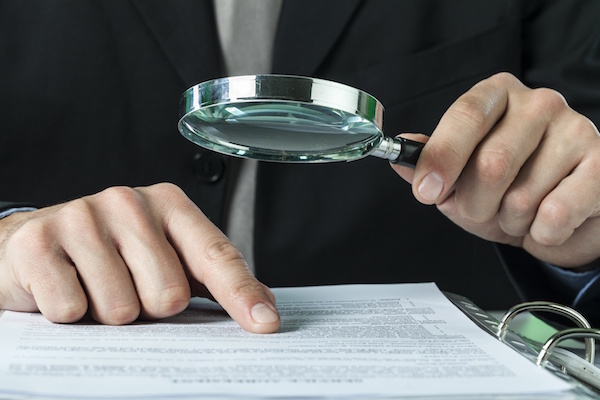One of the most feared aspects of the income taxation process is the possibility of an audit. Tax payers worry that some aspect of their return will trigger a further investigation and an avalanche of paperwork and headaches. Even when taking legitimate deductions and accurately representing your personal or business finances for the prior year, the possibility of an audit is still present.
As a tax attorney with years of experience representing client interests, we’ve seen many different scenarios and provided extensive legal advice to clients facing audits and other complex taxation matters. Here are some of the top things that can trigger an audit.
-
The greater your income, the greater the chance for an audit. Taxpayers with an income of $1 million or more have a 1-in-13 chance of being audited. However, if you’re annual income is $200,000 or less, your chance of being audited is only 1-in-128.
-
If the amount of income you report on your tax return doesn’t match the information provided to the IRS in the way of 1099s and W2s, you’re more likely to be audited. Obviously failing to report income causes the IRS to take notice of your return and can trigger further investigation.
-
Deducting a large amount on your return, in comparison to your income. If your deductions seem disproportionate to your income, it may be an indication to the IRS that something is askew. But if you have the documentation to support your deductions, then feel confident taking them.
-
Being self-employed can raise your audit risk. Give careful attention to your Schedule C, and make sure that all of your information is accurately reported – including income, expenses, etc. The IRS also pays special attention to sole proprietors in cash-based businesses, such as taxi companies, barbershops, restaurants, etc.
-
Since the IRS knows the average amount of charitable contributions according to income bracket, if you write-off a particularly large contribution in relation to your annual income it may be a red flag.
-
Alimony can be an audit trigger, since the tax laws on taking this deduction set forth specific conditions that must be met.
-
Claiming that a vehicle is used 100 percent for business may make IRS agents take a closer look at your return. Keep detailed records of each trip you take in the vehicle and claim the usage of the vehicle accordingly.
-
Deductions related to home office use or meals and entertaining expenses. The IRS looks into any potential abuse of these deductions, so if you have legitimate deductions to make in these areas, make sure you follow the letter of the law. If you have questions on what qualifies and what doesn’t, seek the advice of your tax attorney.
The easiest way to avoid an audit is to keep thorough, transparent records and make accurate entries on your tax return. If you are audited, having a tax attorney like Belinda France on your side can guide you through the process and make sure that your rights are protected.






















